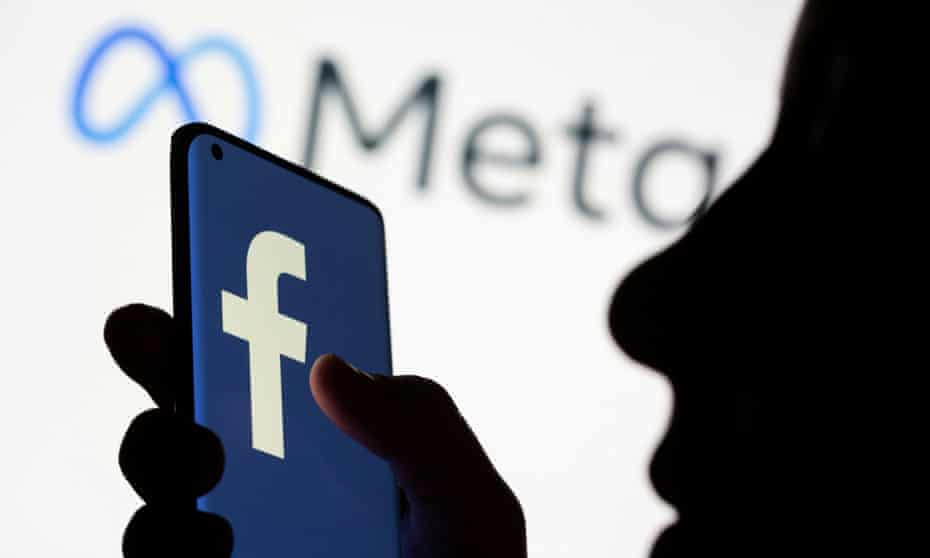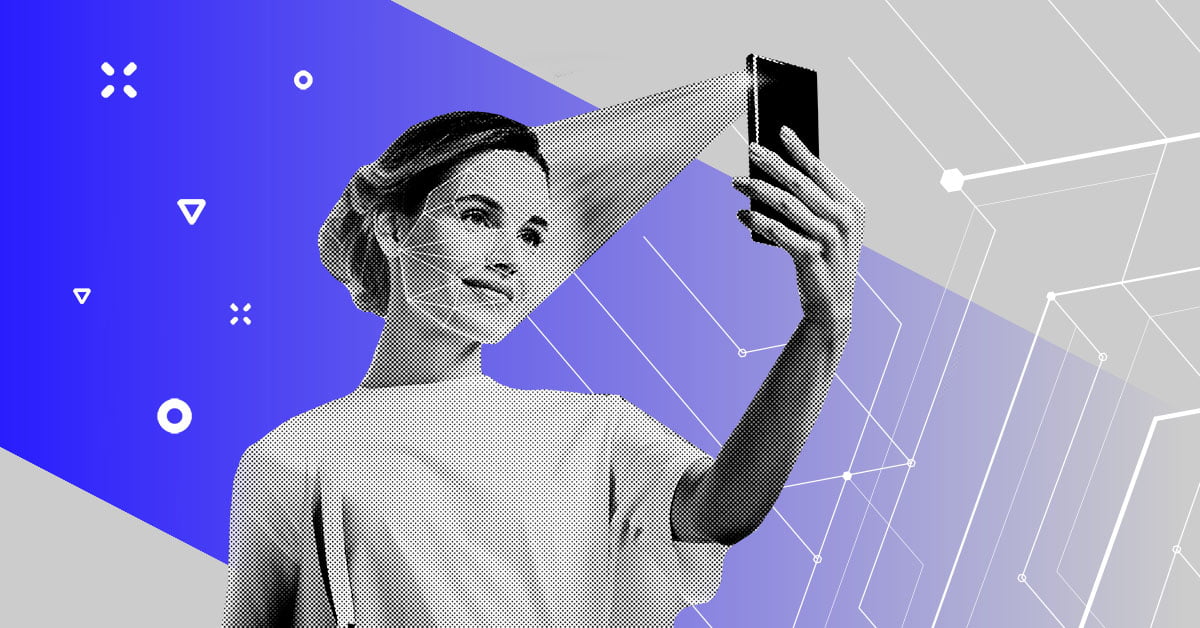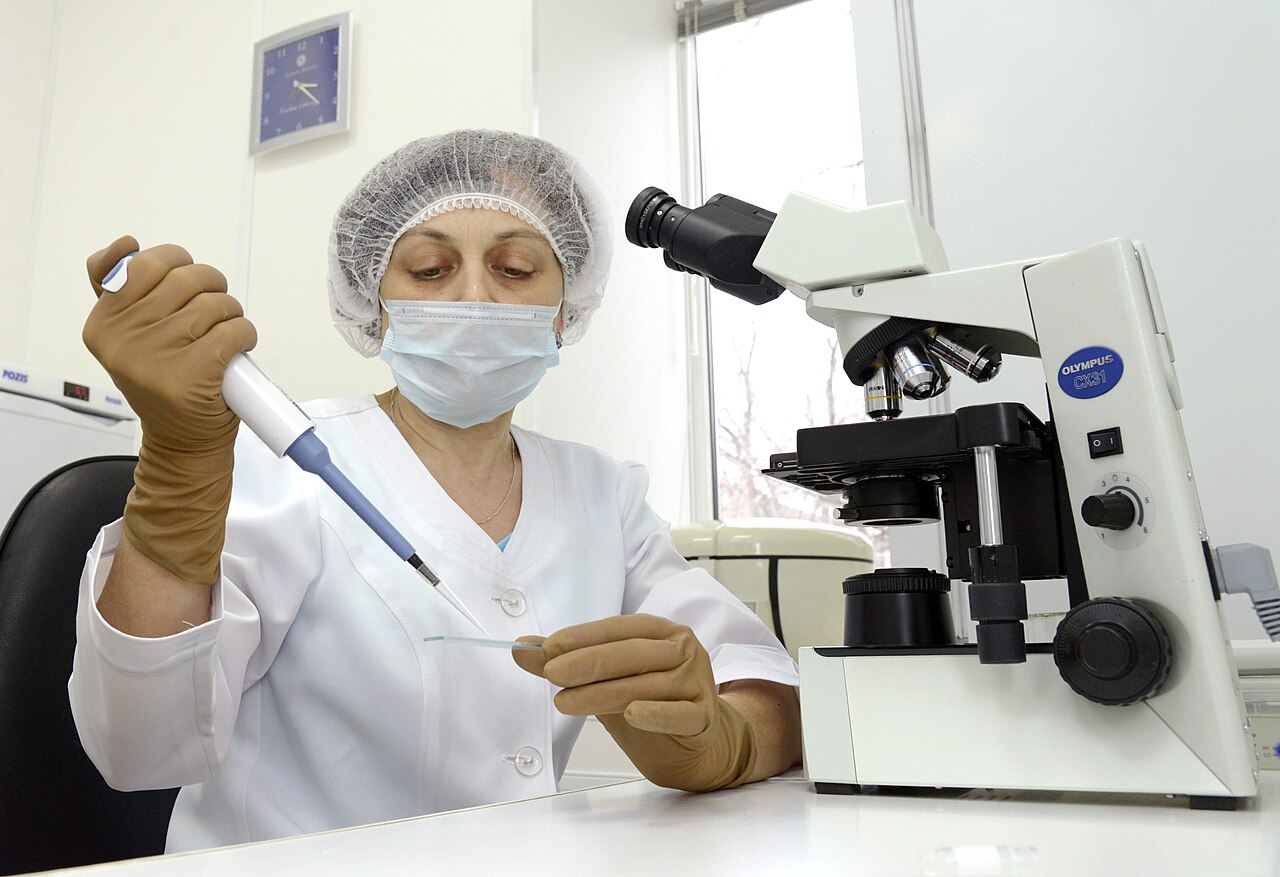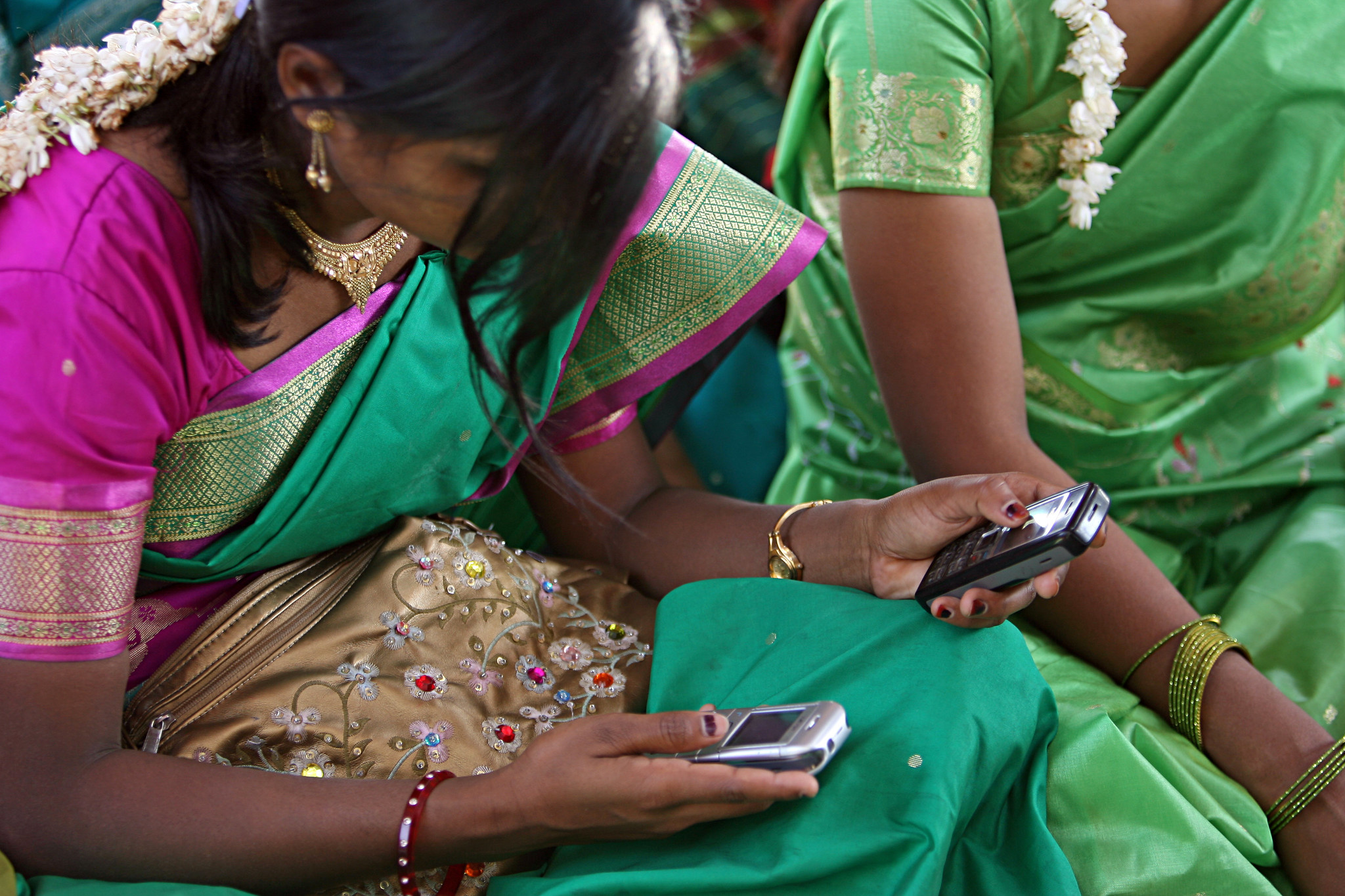Delhi winters and the chilly but pleasant evenings can combine to seduce anyone for a cup of evening chai. We, on one such fine evening succumbed to its temptations and made our way to the nearest Chaayos outlet. The ambience was warm and the cashier, welcoming. He asked me for my order, noted it, and requested me to look into the tablet in front of the counter. I followed his cue without much thought and viola! the tablet identified my name and requested my mobile number to further authenticate the purchase.
I followed it by manually entering my one time password (OTP) in the system and then finally made the payment. At no point in my previous visit to Chaayos has the cashier ever explained that by entering an OTP or making an online transaction, I was by default also consenting to trading my facial signature for an “enhanced” experience.
From the initial warm and welcoming ambience, the place suddenly transformed into an invasive and dystopian one to me. Clearly, the unconsented invasion of our privacy and self-hood left us fazed and the rest of the tea was spent discussing the ethics of such technologies and constantly but unintentionally scanning our surroundings in an attempt to evade any more invasion of our private space.

Face Recognition Technology: Conflict with privacy and consent
Facial Recognition Technology (FRT) works akin to the way we do – it recognises faces but instead of the emotion and recollection aiding recognition, it coalesces our faces into interpretable data and uses this then to recognise faces on a grand algorithmic scale. Interpretable data refers to the geometry of your face; for instance — the distance between your eyes from the forehead to chin. This facial geometry is subjected to a mathematical formula and matched against an existing system data base to find a match against any given picture.
What is even more interesting is the way Chayoos absolves itself by providing an ‘opting-out’ option instead of an ‘opting-in’ one. The difference between the two modes : of having the choice to opt-in or opt-out lies in the domain of behavioural economics. As consumers, we often tend to go ahead with status-quo, consequently, the default chosen by the company also becomes naturally our own choice. An opting-in option on the other hand is less favourable to companies. It is nonetheless more ethical, for it restores the agency back to the consumer who can then actively and post due-diligence make a choice
While on the surface, the technology is indeed revolutionising and has widespread applications particularly for law enforcement, and subsequently for marketing, healthcare and other allied fields, it comes with the obvious conflict between legal efficiency, customer satisfaction or any other projected benefit, and individual privacy. The underlying catchword is privacy and the related idea of consent.
It is no longer a secret that if we put our photos on social media platforms, we might have already been put into some automated facial regulation system that can be accessed by authorities or anyone who has enough knowledge to access them. In short, we are all under surveillance. It was only a month ago that Facebook with its rebranding to Meta took off the facial recognition feature, which has been in use since 2010 for photo tagging, as a form of reviving trust with users.
The extent of the invasion of face recognition can also be inferred through its recent use by the police to arrest CAA protestors in India. The Indian Express had reported that the Delhi police filmed the protestors and ran the footages through its Automated Facial Recognition Software to identify them.

These examples point to the fact that the invasion of our private lives and the associated loss of autonomy is already underway—while in the case of the café, it is a private company and in the latter, it is the state itself. Therefore, as Owen Hopkins, an architectural historian and writer puts it, “In whosoever hands it ends up, it can be used only in a way that invades our privacy- and ultimately our freedom-without our consent. Rather than keep us safer, facial recognition only amplifies existing prejudices and further entrenches existing power structures.”
By stating the case study on Hong Kong, Hopkins puts forward how both individual and political freedom are at stake. He states that the employer would watch out if the employee goes out for protests and for the fear of not losing out on the job, one would restrain from participating in the protests even if they want to and are rightfully entitled to.
Also read: Peeking At ‘Privacy’—A Call For Better Cyber Laws Against Crimes Online
Chaayos: A tryst with Facial Recognition Technology
Chaayos made its tryst with the Facial Recognition Technology, first in its Bengaluru outlet in November, 2019. Following the debut of the technology, it faced major social media backlash, leading it to rolling the feature back. At the time of the incident, The Print approached Chaayos for comments and Chaayos said the technology was currently being tested at select cafes. It was “launched… as an option to eliminate the hassles of OTPs and reduce the overall customer purchase time”, the chain added.
One may find the section titled, “Personal Information (Facial Recognition login Feature and OTP Feature) Terms, Purpose And Data Security Features” worth a preview. Regarding the consent involved in the collection of data, Chaayos notes, “At Chaayos outlet or website, the visitor at the time of signing up or logging in or relogging into the Chaayos Loyaltea programme account at the outlet may consent (by clicking on the Start button) to allow Chaayos to collect his/her image using a new feature facial identification software or an OTP registration feature as per own choice for the purpose of seamless log in of Chaayos account to claim benefits and rewards as per its Loyaltea programme terms and conditions.”
If you are like us, you would be baffled by the nature of consent involved in this transaction – it is assumed, not actively asked for, sought or actively explained. But besides that, the legal jargon makes it almost impossible for a layman to de-construct and understand what it implies and its implications for them at a micro level.

I do not remember expressing my consent to record my facial data. But Chaayos mentions, “the visitor is given an option to provide an express consent by either clicking on the START for application/use of new facial recognition feature or consent for OTP phone number feature for the purpose of logging in or signing up for the Loyaltea programme account”. While the company can hold us accountable for digital or legal illiteracy, in our defense, no customer has either the mental space or the time to deconstruct the legal contracts bound upon us every time we access a space like a café.
While the Chaayos incident may look less threatening at first glance, it can lead to different forms of surveillance in later years. States in the coming years can point out our personal consent to corporations as a consent for the state’s access to our facial signature too. What is also concerning is how the pandemic, a shared human tragedy, has become a perfect opportunity for the state to push new measures of invasion and access in the name of status-quo requirements of quarantining and social distancing
In this growing spree of digitisation, perhaps companies can leverage the human interface to caution and explain to customers the implications and nature of the contract that the customer enters into, while placing an order or indulging in a purchase. This ensures that the consent of the customer is meaningful and the company goes beyond lip service to ideals of ethics and morals.
Finally, Chaayos redeems itself by stating, “In these feature, we as a customer friendly company, provide you an unfettered right and option wherein, You may decline to provide Facial recognition data consent and/ or can choose OTP Phone number registration method…You can either refuse to sign into the Chaayos Loyaltea Programme Account…You can simply opt out of the Loyaltea programme by duly visiting the website. Once you opt out of the Account, we shall delete your data and notify you of the facial image data deletion.” As mentioned earlier, one of the issues that concern this transaction is the passivity and un-informed nature of consent.
What is even more interesting is the way Chayoos absolves itself by providing an ‘opting-out’ option instead of an ‘opting-in’ one. The difference between the two modes : of having the choice to opt-in or opt-out lies in the domain of behavioural economics. As consumers, we often tend to go ahead with status-quo, consequently, the default chosen by the company also becomes naturally our own choice. An opting-in option on the other hand is less favourable to companies. It is nonetheless more ethical, for it restores the agency back to the consumer who can then actively and post due-diligence make a choice.

Surveillance in the name of social distancing
While the Chaayos incident may look less threatening at first glance, it can lead to different forms of surveillance in later years. States in the coming years can point out our personal consent to corporations as a consent for the state’s access to our facial signature too. What is also concerning is how the pandemic, a shared human tragedy, has become a perfect opportunity for the state to push new measures of invasion and access in the name of status-quo requirements of quarantining and social distancing.
When we asked the staff at Chaayos about the introduction of the face recognition technology, he commented, “While it has been there for a few years, when many complaints were filed, we were forced to remove it and it was then restarted during the Covid situation.” It is frightening and disappointing to know that corporations and the state alike, are using the Covid-19 pandemic as an opportunity to intrude into our lives, without our informed consent and sometimes through various kinds of coercion.
As Hopkins writes, “The biggest threats are never felt by those commentators, but are reserved for those whose lives are already economically precarious, who can’t afford to lose their jobs, or whose behaviour is somehow different to “normal”: subcultures, migrants, those who identify as LGBTQIA+ and other minority groups”. Thus, not only does it threaten individual liberties and political freedom but puts the vulnerable into greater miseries. It is true that facial recognition technology has many benefits to it. However, if not cautiously and meticulously regulated, it is a weapon rather than a blessing.
Also read: Clubhouse: Popular Audio App Facilitates Agency But Fails To Create Safe Spaces
Featured Image Source: Summa Linguae Technologies




